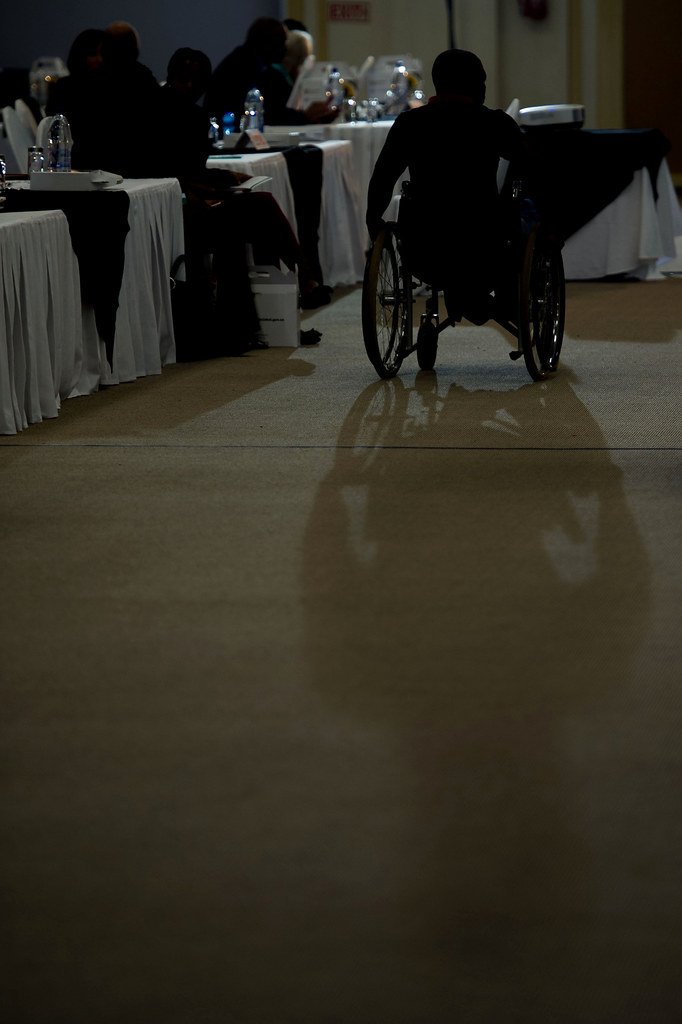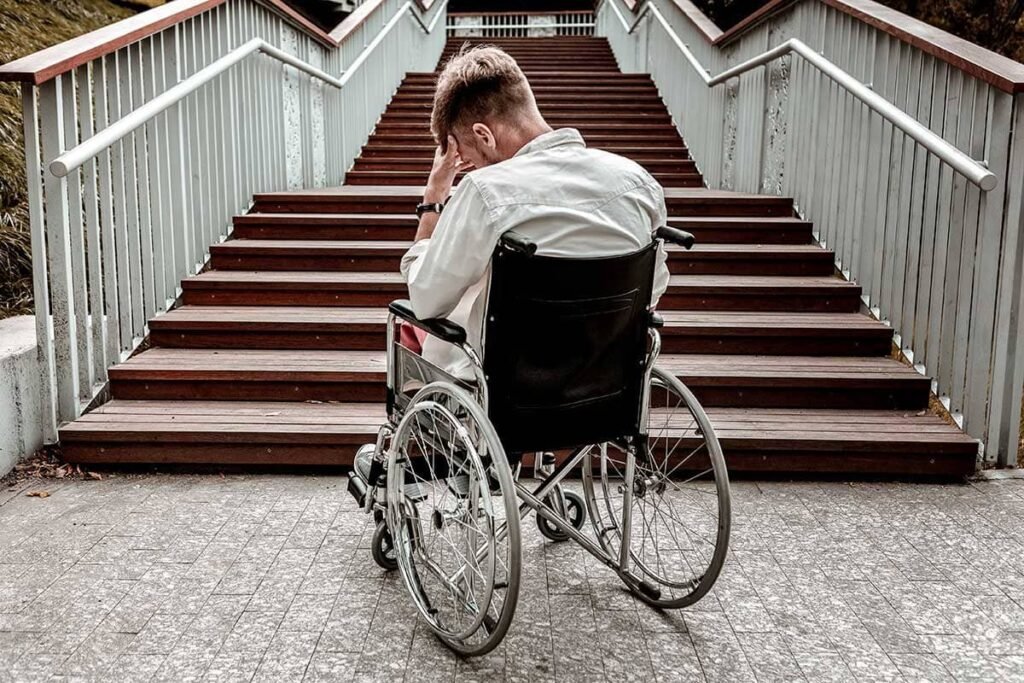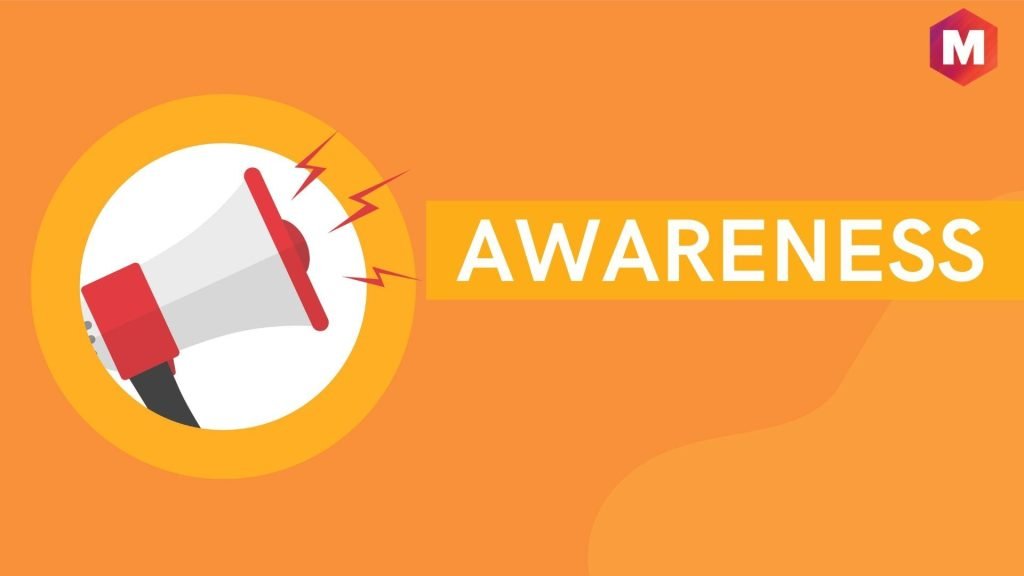The Basis of Exclusion
Exclusion of individuals or communities, especially those with disabilities, often lacks a legal foundation. No disabled person can legally charge someone with a violation of their human rights without substantial evidence. This lack of enforceable legal protection contributes to the perpetuation of exclusion.
Exclusion is often the path of least resistance. Including disabled individuals in social, professional, and communal discourse requires effort, adaptation, and often a shift in perspective. Many people default to a charitable model, where disabled individuals are only considered during specific times, such as the Islamic tradition of Ramadan. While these traditions can highlight the needs of disabled communities, they are insufficient for promoting continuous inclusion.
Why Should It Be My Problem?
A prevalent mindset is, “Why should it be my problem?” Many people believe that addressing the needs of disabled individuals is the responsibility of experts, laws, and government agencies. This perspective is a form of the bystander effect, where people assume someone else will address the issue, thus diminishing individual accountability and making it a public issue.
The Ease of Exclusion
Choosing exclusion over inclusion is often the easier route. Ignoring the needs and existence of disabled individuals allows people to avoid the discomfort and effort involved in making necessary changes to accommodate them. This neglect can lead to severe consequences for disabled communities, exacerbating their marginalization and the challenges they face.
The Meaning of Disabled and the Need for Inclusion
The term “disabled” carries multiple connotations. In the realm of information technology, “disabled” refers to a program, software, or hardware that is not functioning correctly. This technical usage can contribute to the negative perception of the term when applied to people. Many in the disabled community find the term limiting and stigmatizing.
In society, falsehoods and misconceptions about disabled individuals contribute to their exclusion. Phrases like “Do not mingle with the disabled community because they do not understand” perpetuate harmful stereotypes and deepen the divide. These misconceptions have persisted for millennia, shaping public perception and behavior toward disabled individuals.
The Importance of Inclusion
Inclusion is not merely a moral obligation but a necessity for a just and equitable society. Disabled individuals deserve the same opportunities, rights, and respect as anyone else. True inclusion involves challenging stereotypes, dismantling barriers, and fostering an environment where everyone can participate fully. This shift requires collective effort and a commitment to understanding and addressing the unique needs and contributions of disabled individuals.
Promoting inclusion over exclusion benefits society as a whole. It leads to a more diverse, compassionate, and innovative community where everyone’s potential is recognized and valued. It is time to move beyond token gestures of inclusion and work towards genuine integration and acceptance of disabled individuals in all aspects of life.



